“Reality is a bummer,” claimed Wade Watts.
The 18-year-old protagonist of science fiction film Ready Player One, directed by Steven Spielberg, had a point. His life in overcrowded downtown Oklahoma City paled in comparison to the escapism he found in the vast OASIS when he put on his virtual reality (VR) headset and transformed into the suave avatar Parzival.
Spielberg’s 2018 cult classic is set it 2045 but bears parallels to the present day, where the virtual world is making waves in the physical, fuelled psychologically by the claustrophobia of pandemic lockdowns and commercially by Big Tech backing and a highly publicised renaming by Mark Zuckerberg. The metaverse, a network of web-based domains where users can interact remotely but immersively through customised avatars, has been touted by digital investing specialist Grayscale Investments as a “trillion dollar opportunity.”
Southeast Asia’s growing connectivity and strong tech startup cultures have helped investors and entrepreneurs identify the region as a burgeoning metaverse hub. But some of Singapore’s business owners are warning that security concerns, unregulated markets and lack of governance are making virtual assets a high-stakes gamble.
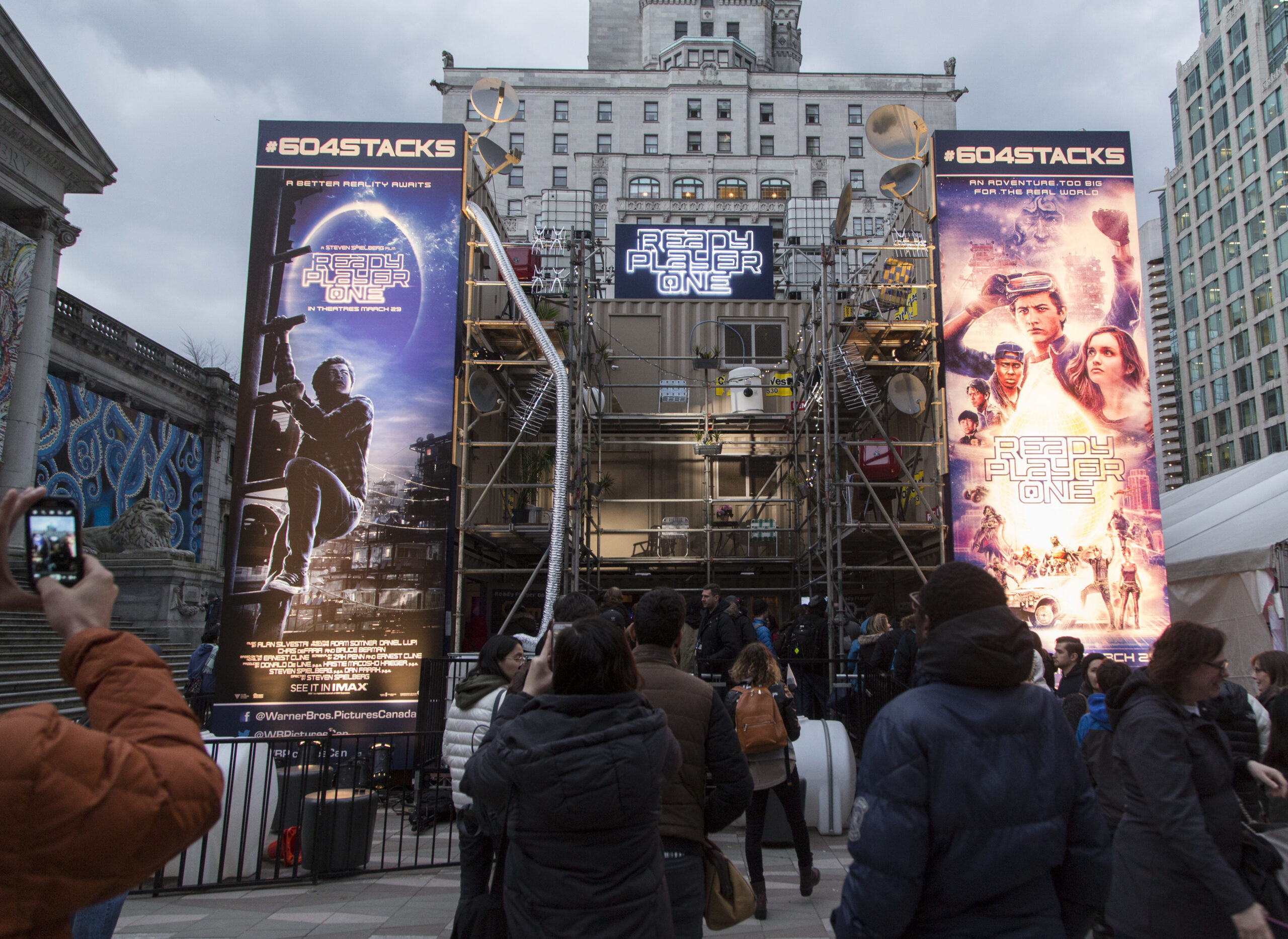
A term first coined in 1982 by science fiction author Neil Stevenson, metaverse is undergoing a renaissance, one that has increased its worth to an estimated $47 billion. Already a hub for users to game, network and shop for customised avatars, the next step is a more permanent stake in the cyber-world. Sales of real estate in the metaverse topped $500 million in 2021 and investors and analytics firms predict the amount will double this year.
While a booming market in VR headsets and other futuristic hardware promises to enhance the immersive experience, a laptop or smartphone is all that is needed for basic metaverse access.
With most countries in the region boasting almost 100% smartphone penetration, ASEAN’s connectivity has primed it for metaverse inhabitation. Earlier this year, a survey by data company Milieu Insight revealed 72% of their 6,000 respondents across the region felt positive about the prospect of “living full on in a metaverse” and carrying out everyday interactions – business deals, social networking and leisure activities such as gaming – as virtual or augmented reality experiences.
In some ways, this online world remains familiar. Digital simulations of items can be purchased, virtual clothes for your avatar, virtual furniture for your metaverse apartment. They come without the practical attributes of their physical counterparts, but with all the status and sometimes at a fraction of the price. Luxury fashion house Gucci’s 2021 entry into the metaverse, in collaboration with Belarussian company Wanna, sold the designer’s virtual sneakers for the equivalent of $12.99.
Virtual nations are also becoming a source of pride. Metaverse Thailand – a project run by Singaporean FinTech company A PLUS – creates digital maps of Thailand’s landscapes, allowing investors to own, buy and sell a virtual piece of the Kingdom. The metaverse also plays a key role in the government’s Thailand 4.0 programme and major companies including CP Group and Siam Piwat have incorporated the metaverse as part of their business strategies.
Indonesia Minister of Communications and Information Johnny G. Plate announced plans in March to create a metaverse ecosystem that would develop the archipelago’s economy through partnerships with international technology giants such as Microsoft, and invite key Indonesian companies in banking, hospitality and other sectors to establish a virtual presence.
But while Singapore has consciously positioned itself as a Smart nation leader and a digital pioneer in ASEAN, the survey showed Lion City residents to be more cautious than their regional peers. Only 56% of respondents felt positive about using metaverse technology for everyday transactions.
“Like any new tech, there are going to be supporters as well as detractors,” Bell Beh reasoned. The Singaporean entrepreneur’s company BuzzAR, Southeast Asia’s first woman-led metaverse startup, announced $3.8 million in seed funding in February.

She cited various reasons behind Singapore’s perceived caution, including “the nation’s reputation as a “financial hub [which means] fad-chasers may consider Singapore over other regions,” which could overhype and inflate the metaverse bubble.
In a sector she described as “a learning process for everyone, including myself,” Beh has banked on markets that have suffered in the physical world during the pandemic: hospitality and tourism. During 2020, BuzzAR partnered with the Singapore Tourism Board and a major hotel chain to create an augmented reality avatar of the property. The project became Singapore’s first virtual hospitality experience.
She is not the only one looking at digital simulations of bricks and mortar. Singaporean singer JJ Lin made headlines at the end of 2021 with his purchase of three metaverse-based properties costing more than $90,000.
Property developers also are turning their eyes to the metaverse. Singapore-headquartered Hatten Land is currently developing its own virtual land platform.
“Increasingly, there are more and more investors who understand and favour virtual assets,” observed Lionel Chok, Hatten Land’s chief metaverse officer. He believes increasing regulation of the physical real estate market and decline of buyer and renter demand during the pandemic have accelerated interest in virtual properties as an asset.
“There’s a generation who find themselves priced out by high costs of physical properties, especially those who have been looking for investments,” Chok remarked. These investors will be part of Hatten Land’s new virtual target market.
The nascent industry is primed for what he calls “healthy competition” between sectors.
“Today, virtual land platforms are developed by techies. There remains a valuable opportunity for established and experienced real-world land and estate developers to extend their credentials and lead in this space,” Chok said.
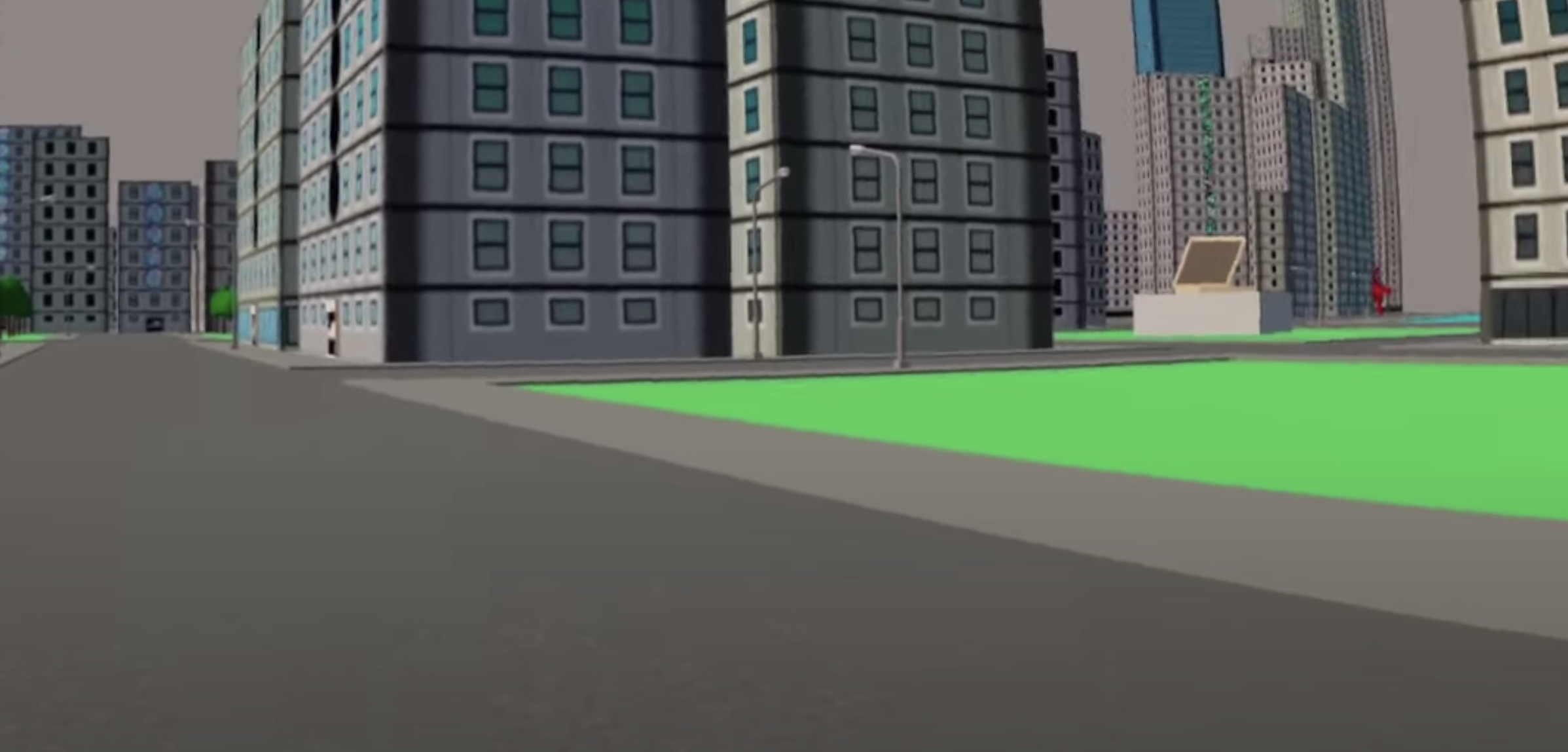
“It’s escapism,” said Andrew Psarianos, CEO of virtual reality training company, weARVR.one. “If you’ve got a VR headset, you can go anywhere you want to go.”
Psarianos escapes his small but airy office in Singapore’s Payar Labar district through a smooth, black headset into Multiverse, an interactive VR app. One of Multiverse’s focuses is virtual real estate and architecture.
Psarianos can work from the white walls and high ceilings of his metaverse office or make presentations to the curved mahogany booths of a virtual conference room. There are also modern, minimalist apartments in high-rise condominiums, sparsely decorated to leave purchasers to buy and integrate their own interior decoration. The online units include a lounge with wood-panelled floorboards, a wraparound balcony and no toilet.
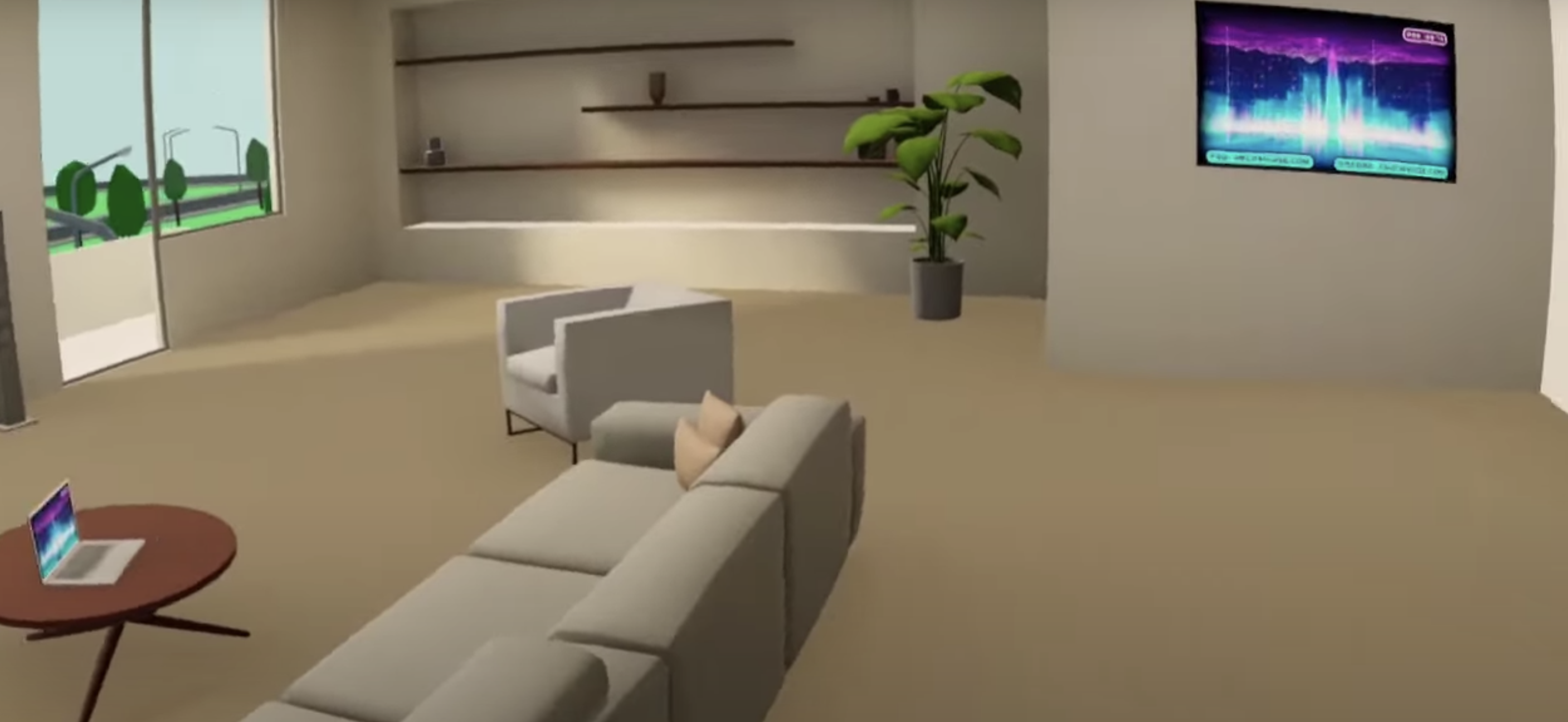
Available apartments retail as low as $100, paid in a cryptocurrency called Goldcoin. Cryptocurrency is a common payment for property in the metaverse, but while users can cash in on more established cryptocurrencies such as Bitcoin or Ethereum, there is currently no way to convert Goldcoin back into real tender.
“Goldcoin… has got no value at the moment,” Psarianos said. “It’s just gambling. Hopefully it’ll go through the roof.”
Whether or not the virtual property bubble will burst, Psarianos believes the real revenue lies not in the virtual property itself, but in advertising.
Strategically placed virtual billboards in metaverse neighbourhoods can build brand visibility. Businesses can reward users for association, such as a branded poster displayed on the virtual property they own. Companies also can purchase virtual outlets linked to their physical supply system, allowing users to make metaverse purchases that materialise in real life.
Metaverse real estate sales for January 2022 sales were estimated at more than 10 times the number one year previously.
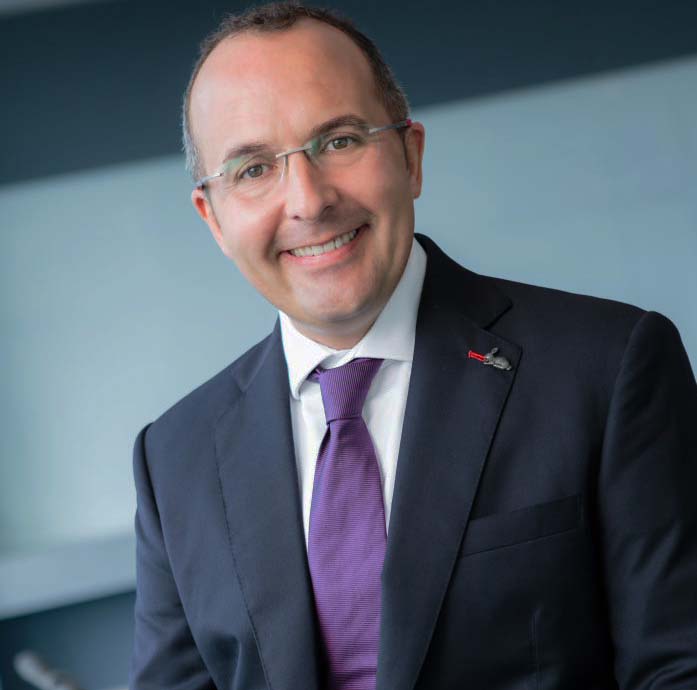
As increasing numbers of property owners turn the metaverse into an eyeball aggregator, big brands from Gucci to McDonalds are willing to pay for the eyeballs.
“Around a normal city, bus stations have got branding, shopping malls got branding, pop-ups everywhere. It’ll be the same thing with this,” Psarianos said.
Behind the metaverse’s closed doors, an illicit business is thriving. While Zuckerberg has banned sex as an approved virtual activity in his metaverse, a vanguard of pornographers, sex workers and web developers are driving a burgeoning virtual sex industry. Analyst firm Piper Jaffray predicted adult content will be a $1 billion business by 2025, the third biggest virtual reality sector.
Cybercrime against children is a concern in both private and public spaces. Psarianos related accounts of metaverse porn shops and brothels in closed, password-protected virtual rooms. In those locations, verifying the age of the real-world users behind the avatars can be almost impossible.
While some platforms have installed safety features allowing users to block other avatars, Psarianos worries harassers are easily able to log back into the metaverse using a different IP address, email account and avatar.
“You can be anyone. They create this fake everything,” he said.
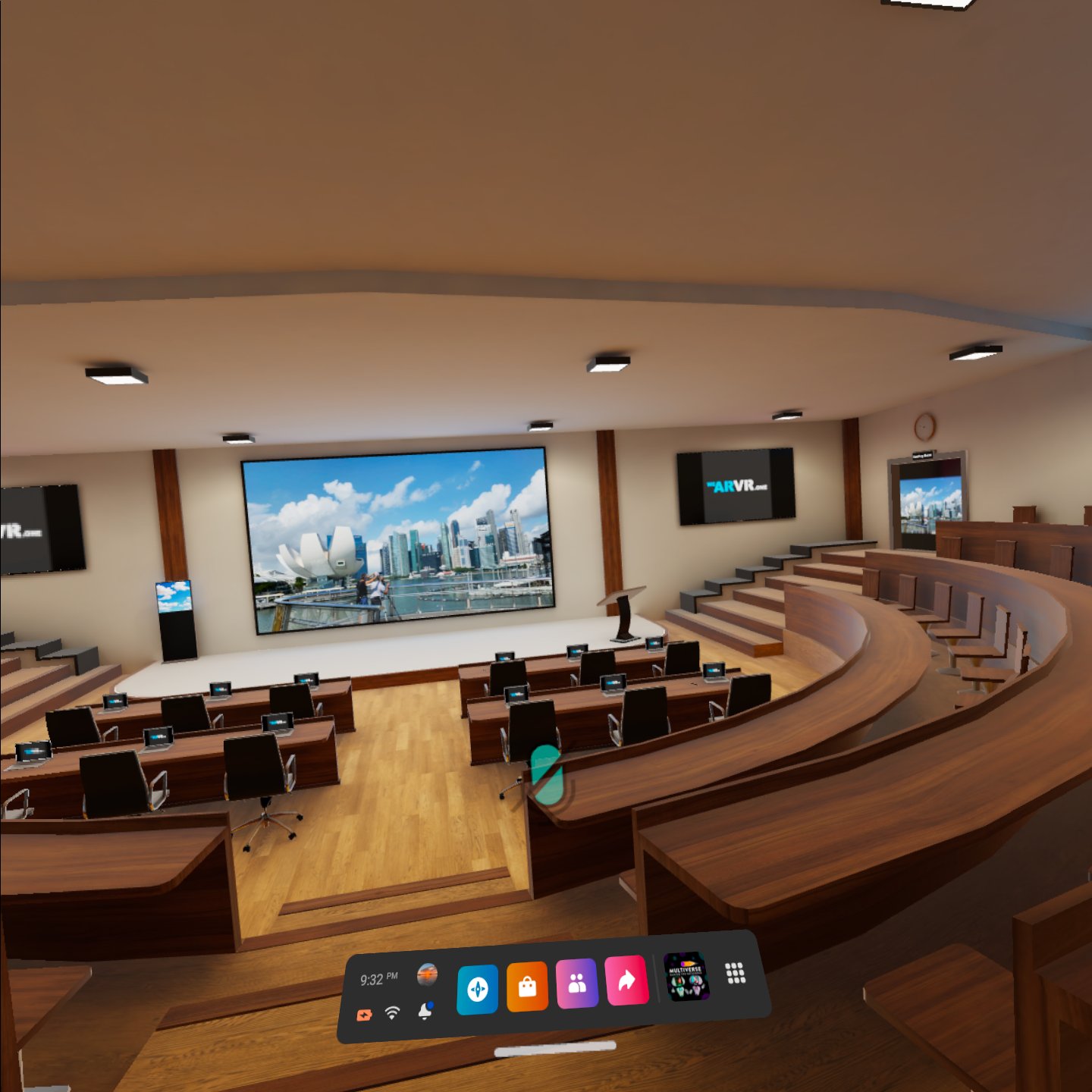
Abhinandan Chillal, a Singapore-based senior cybersecurity consultant at management consultancy Sia Partners, believes regulation by an independent body would allow users to make more informed decisions about the online worlds they inhabit and their habits within them.
“It would be ideal to have metaverses assessed on safety and ethical grounds, put a rating against them and make this information available in the public domain. This would help users decide the metaverses that suit their preference and the ones that don’t,” he said.
For Roland Ong, Hatten Land’s strategic advisor and chairman of the Esports Entertainment Asia association, a greater cultural shift is needed. He advocates for a structured governance of virtual society, not unlike his experiences growing up in the Lion City.
“Parents, government and society have to work together,” he said. “[And] maybe schools? No-one has set an agenda.”
He recalled the Hao Gong Min, a civil and moral education textbook for Singaporean primary school students.
“When we were growing up, we had books that teach us to be a good citizen. But society and the school system hasn’t caught up with teaching you to be good citizens online,” he said.
In Ready Player One, life in OASIS turns out to be more challenging – and corrupt – than Watts expects. As a sequel to the film is in the works, Singapore’s metaverse stakeholders also are looking forward and making plans. While the evolving market remains a high-risk gamble, many have chosen to hedge their bets.
“It might [just] be a shiny new toy but why not look for the business opportunity?” Psarianos said. He claimed his own metaverse investment has already increased tenfold since December 2021.
“I foresee the appetite will grow,” he said. “Like any investment, you need to keep an eye on it and get out before the bubble bursts.”


